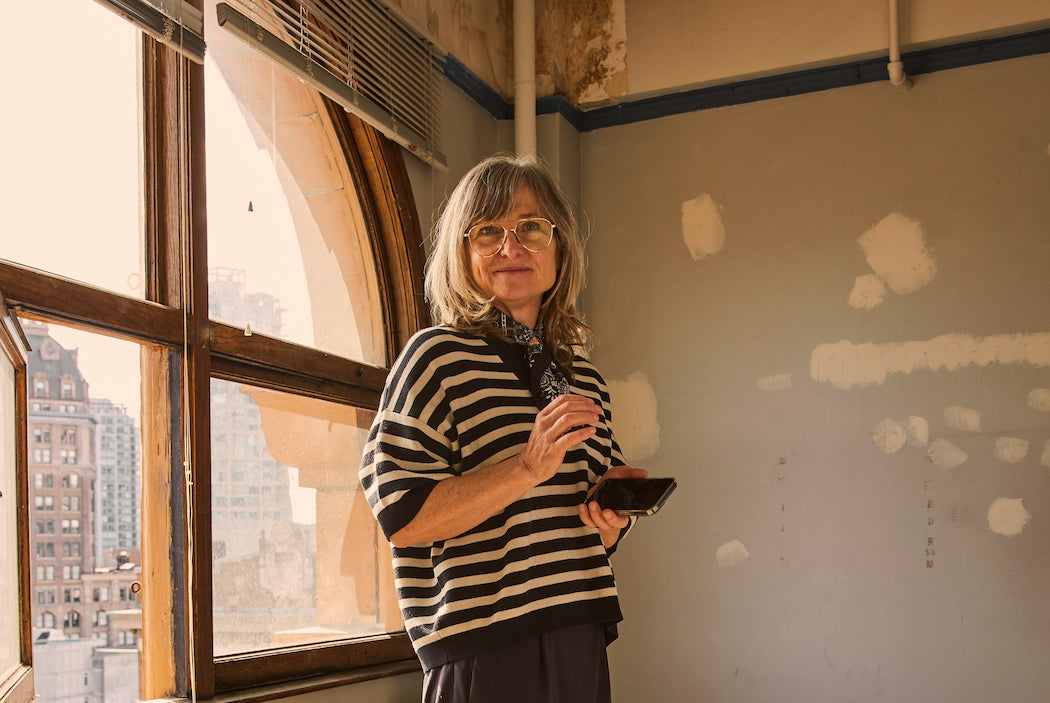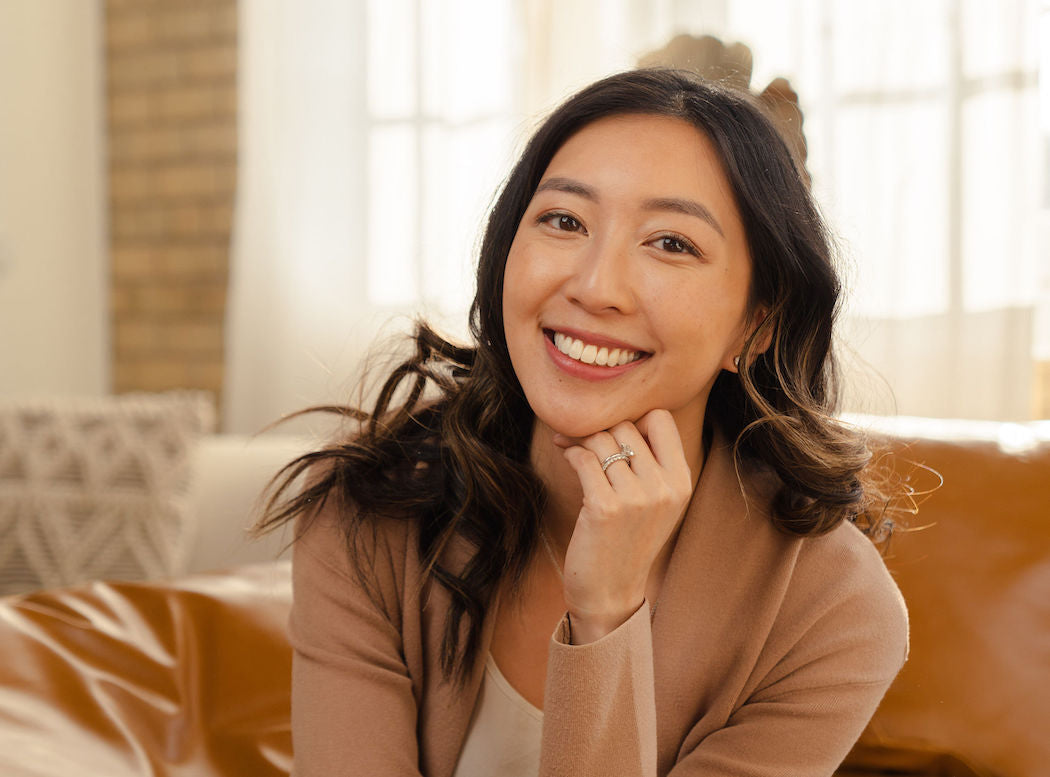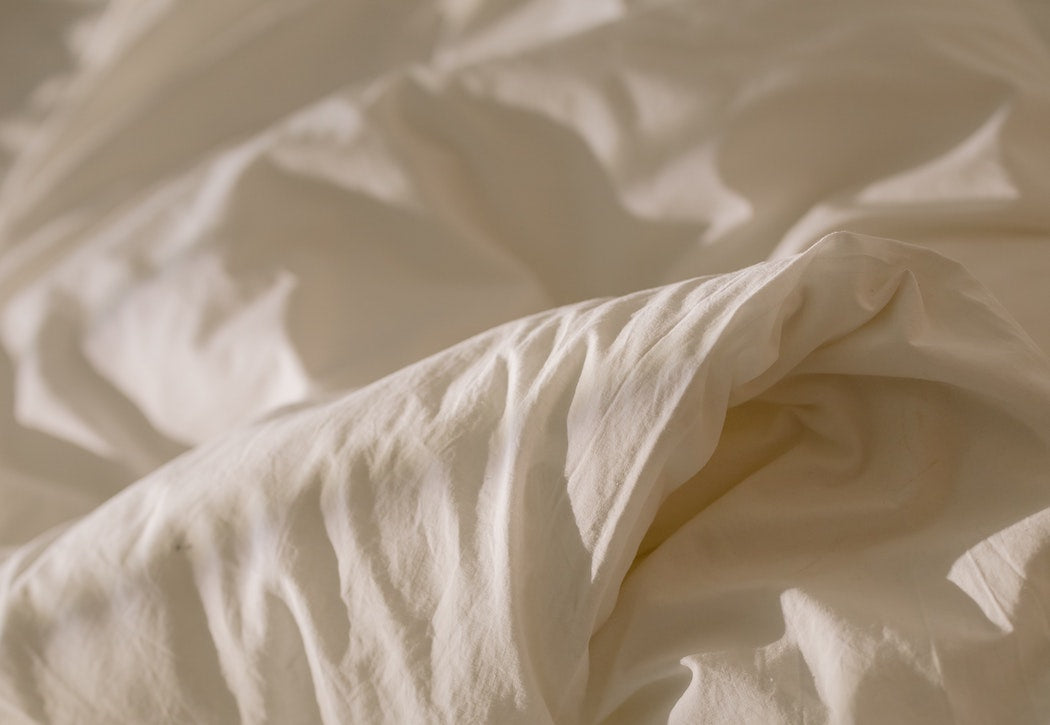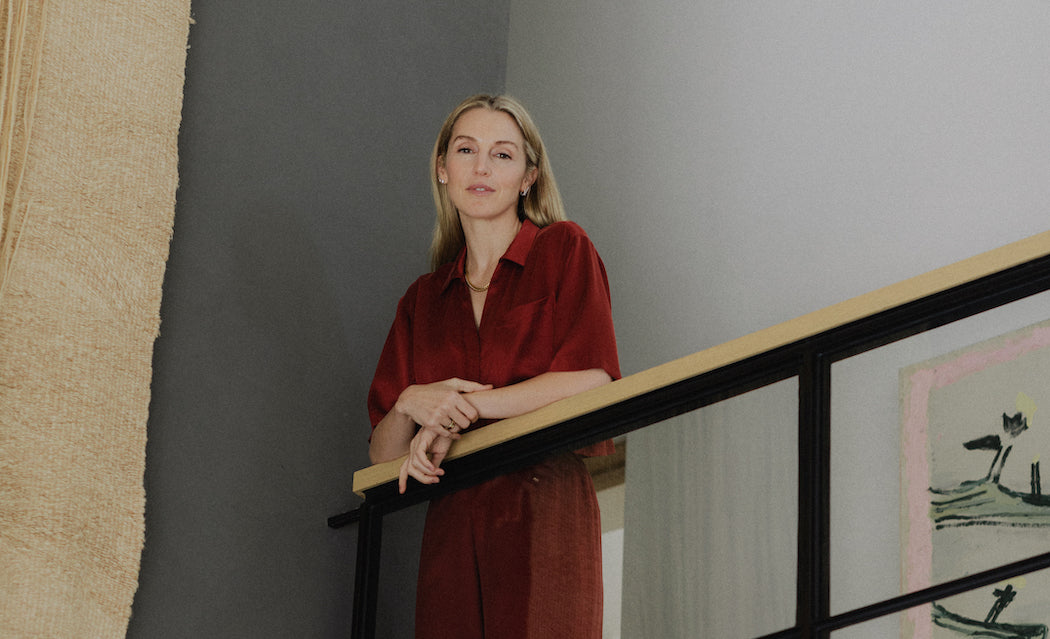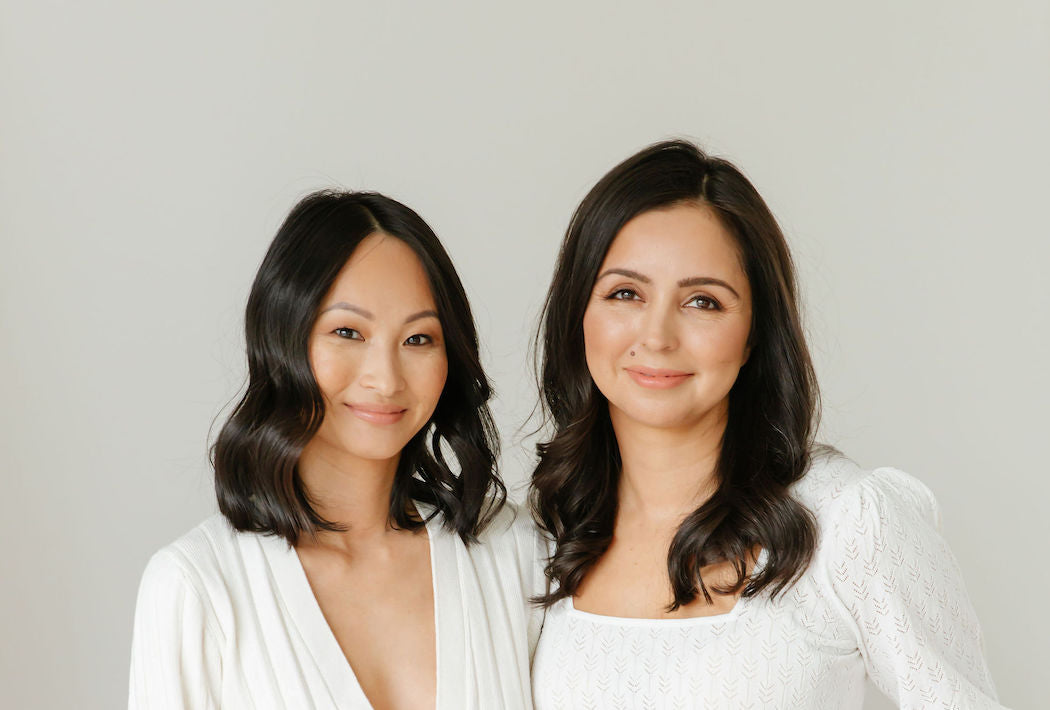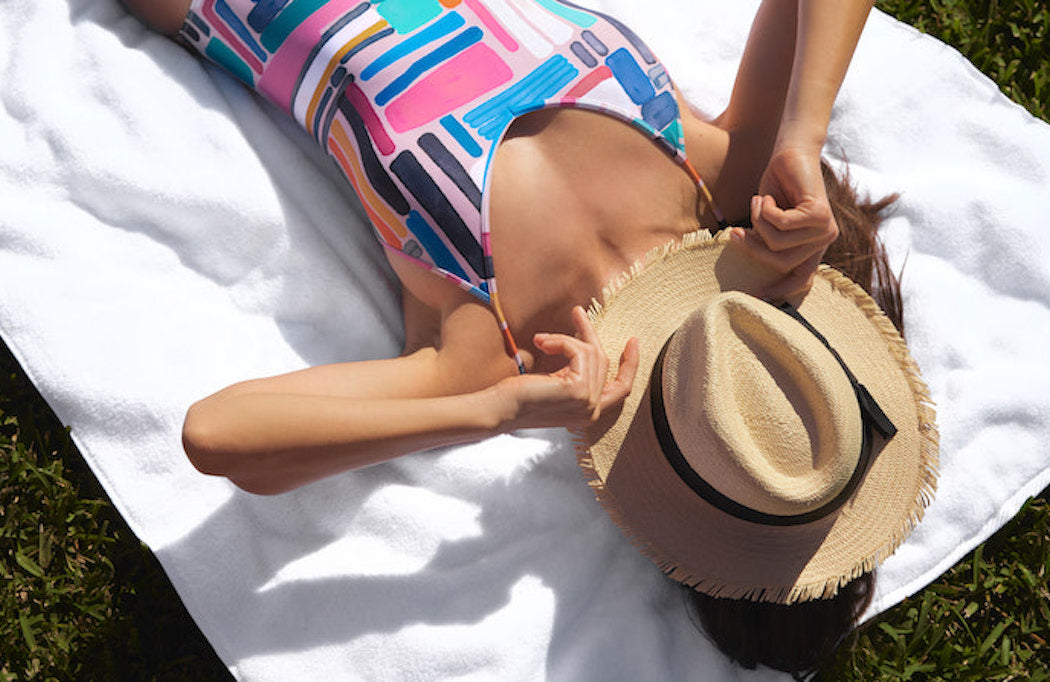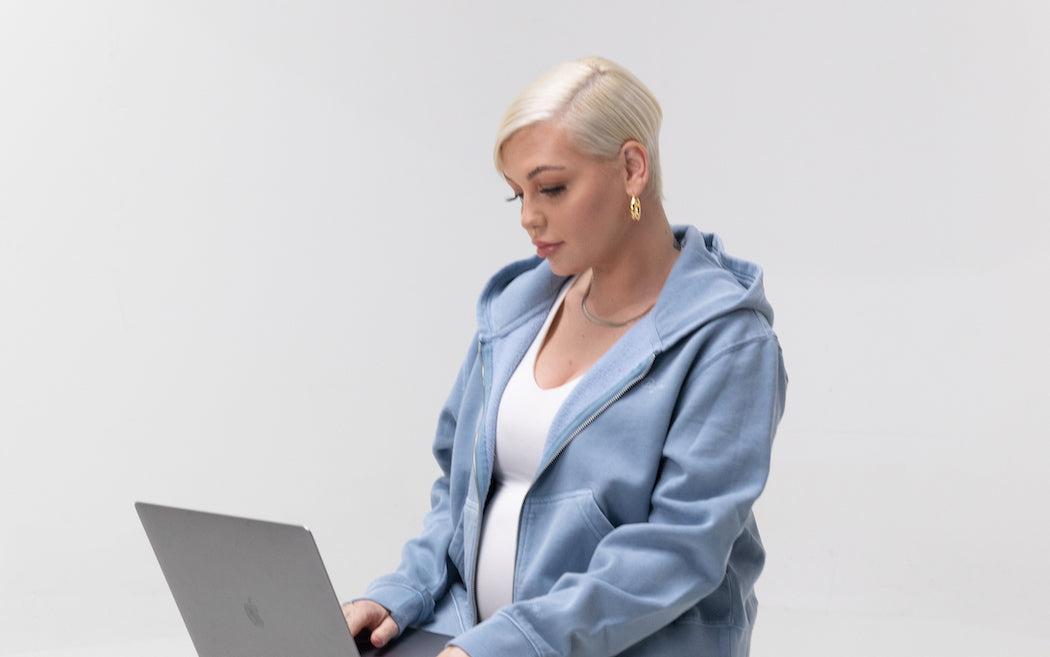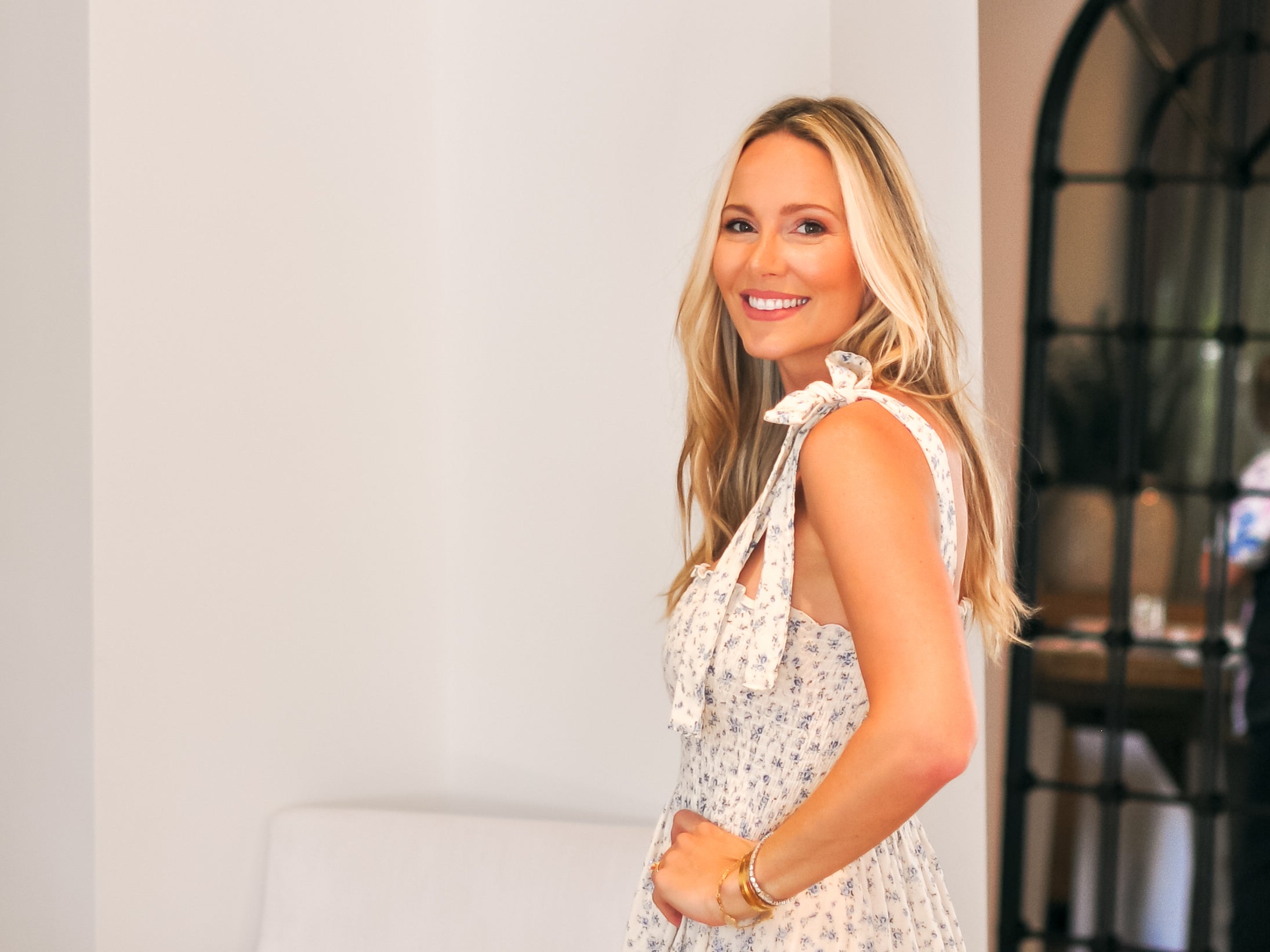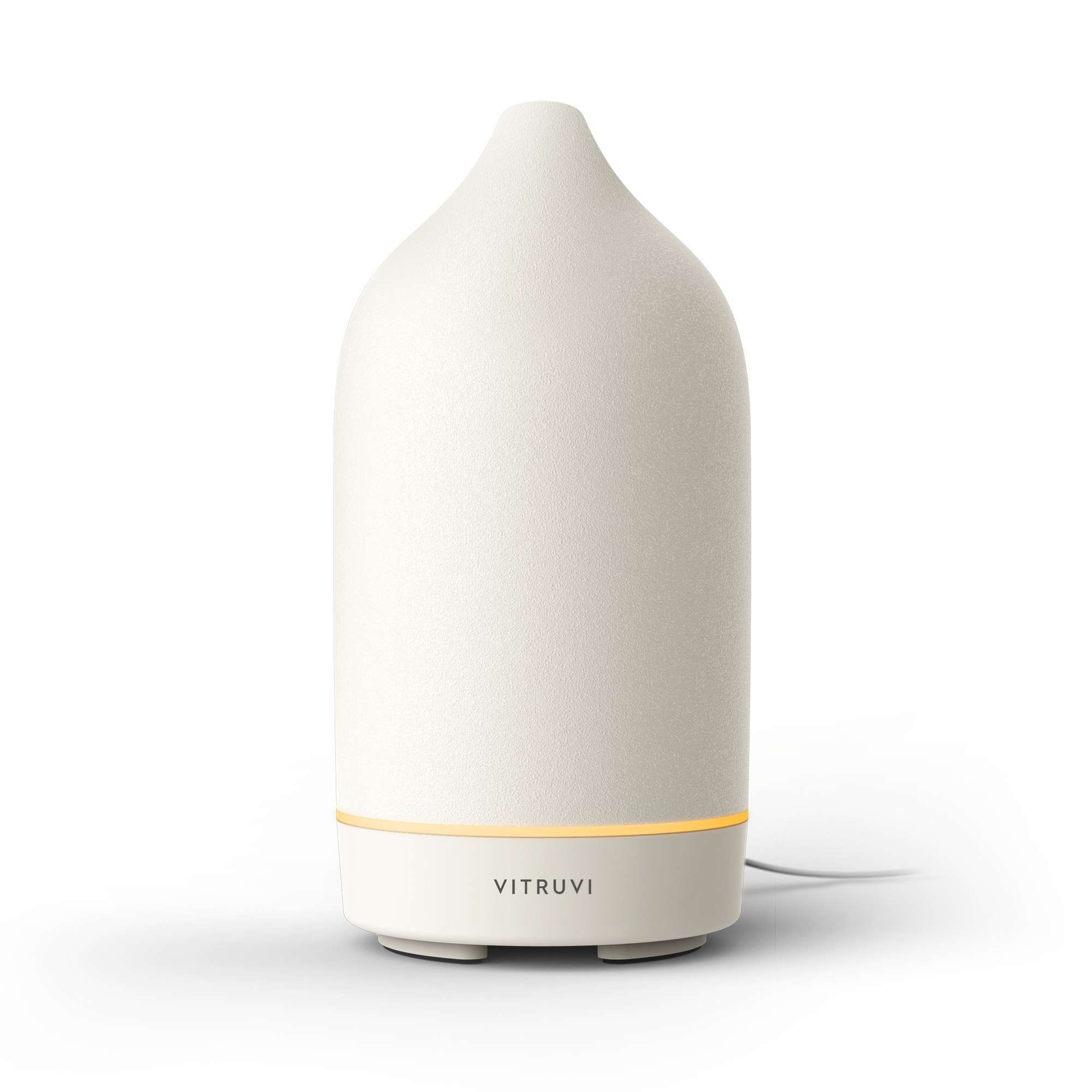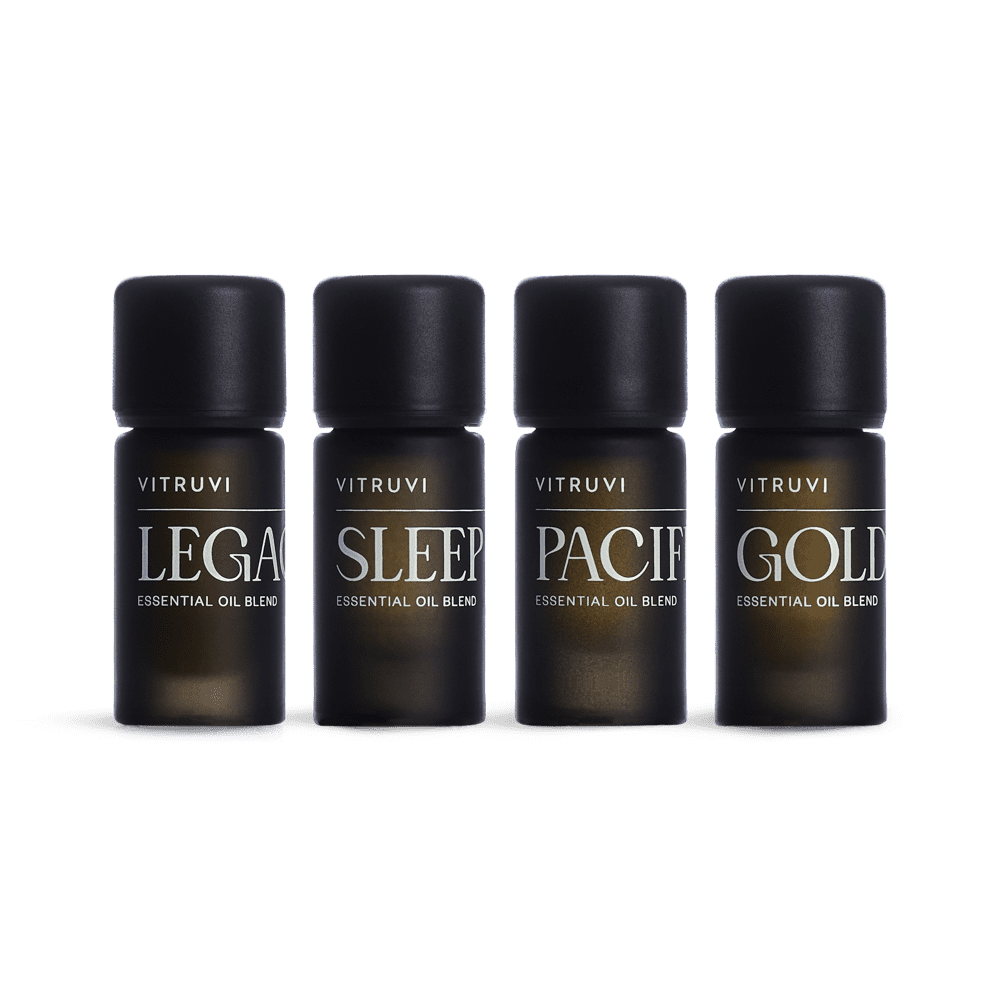Otherness slammed itself into my consciousness in a sharp syllable: “Brown.” I was 14 and malleable, hyper-aware, and yearning to belong. I had lived in Canada for about a year by then, but this was the first time in my life I’d been referred to by my skin color. In Kenya, where I was born, and later in Dubai, where I lived for a few years before moving to Vancouver, my race was never a topic of discussion quite the way it was in Canada.
In my previous homes, my Indian heritage was understood by my classmates, who all came from varying complexities of cultures. In Vancouver, I was simply Brown. It wasn’t an insult—just a label placed on me offhandedly by a white friend. Still, for some reason, I felt immediately embarrassed by it.
At an age when fitting in was paramount, I was abruptly cognizant of being different, of being Brown: a term I would learn that my friends attributed to all Indian-looking people, whether they were in fact Sri Lankan, Pakistani, Iranian, or Bangladeshi. Their multitudes became constricted to a single hue.
As I moved further along in high school, I grew to despise my Brownness—my otherness. I didn’t want to be associated with the western media-provoked caricature of Indian culture that my classmates would poke fun at: the Apu accent, the odd-looking food, the glaring foreignness. With immaculate precision, I westernized myself fervidly. I over-tweezed my eyebrows, shaved my arms, burnt my curls to a crisp every morning with a straightener, and retrained the way I spoke to have a more Canadian inflection. I introduced myself by my middle name, Jenna, which was more palatable for the Western tongue. I burned with both pride and shame when a friend told me I was “normal” for a Brown person.
The more obsessively I chased whiteness like it was the epitome of pureness, the further away I ran from my culture. Still, it wasn’t lost on me that some friends were free to pick and choose “fashionable” aspects of other cultures to appropriate—dreadlocks, bindis, crudely-drawn mehndi—while still benefiting from their white bodies. I could look back at those days in anger and resentment at the social pressures I felt to be “normal,” but what teenager hasn’t experienced that? I only feel a sense of grief over the parts of myself I lost in the process.
I remember tossing out bottles of hair oil that my mother had given me in the ninth grade, overcome by the fear that people would think my tresses were greasy rather than nourished. Recently, my mother told me stories of how my grandmother would massage the oil through my mother’s hair when she was a girl. My great-grandmother would do the same for my grandmother, and on and on. It was a chore, but an intimate act nonetheless. That tradition died with me.
My relationship with the word “Brown” has matured over the years. It’s become a term of endearment, a marker of identity, and a symbol of solidarity. My infatuation with whiteness dissolved entirely by my university years—possibly around the same time turmeric lattes became a hit in modern cafes and juice bars.
As I settle more resolutely into my Brown skin, I find myself yearning for the traditions and rituals I rebelled against as a teenager. I massage my hair with coconut oil; I make face masks with the classic Indian ingredients of turmeric, yogurt, honey, and lemon juice for a glow-up when I need it. Some days, when I’m feeling particularly in the mood, I mark a dash of black eyeliner behind my ear to ward off the evil eye—something my mother used to do for me when I was a child.
Still, relearning the details of my culture is an awkward undertaking. Some days, I feel as if I am an echo of the person I could’ve been; a tourist in my own body. Standing in my mother’s kitchen, I attempt to learn the recipes of my childhood. The pronunciation of the ingredients feel thick on my tongue, which has adapted itself too well to its North American surroundings. Slowly and meticulously, I undo myself like tightly-wound braids. Carefully unknotting my past, I embrace the reality of who I am.


